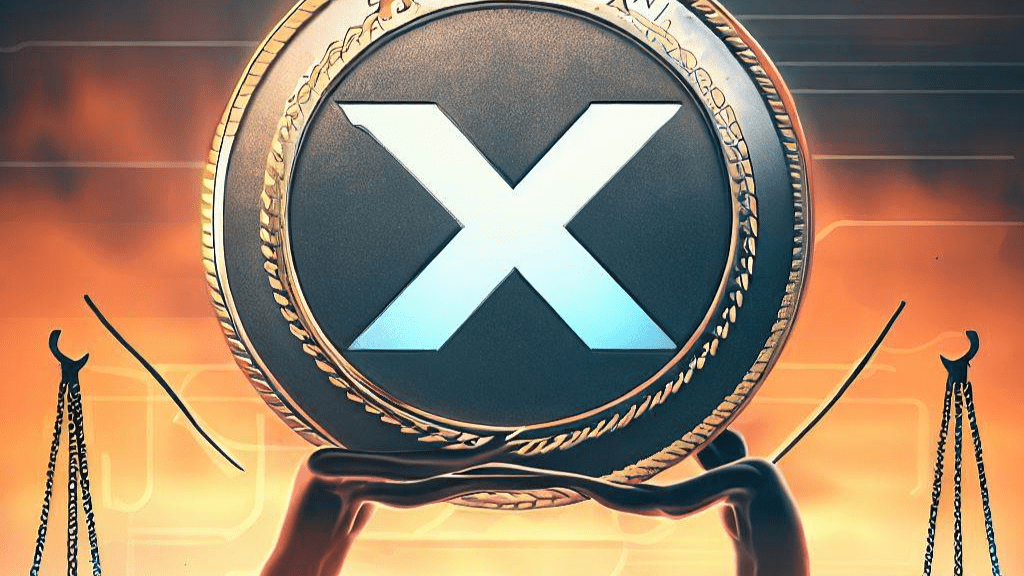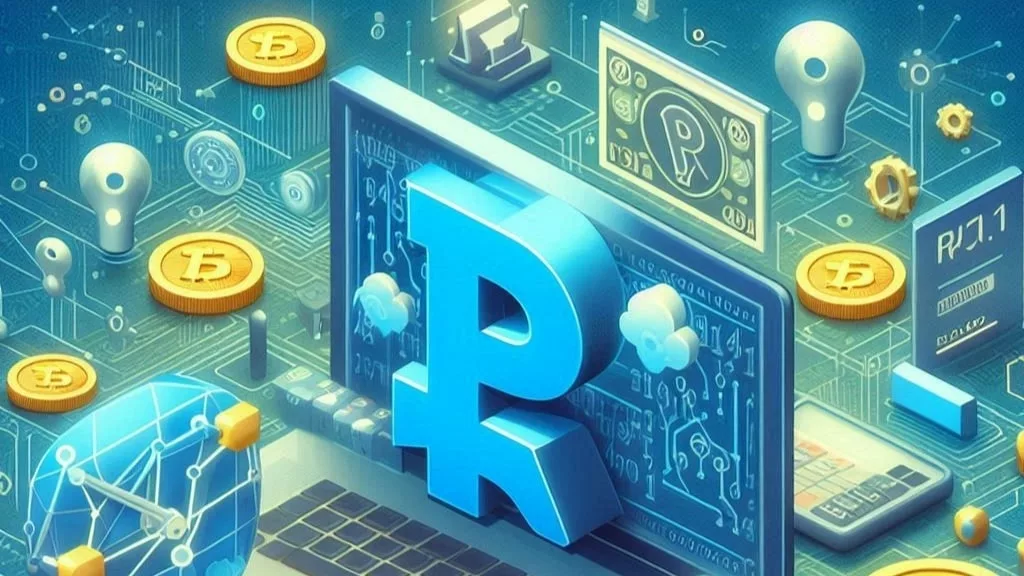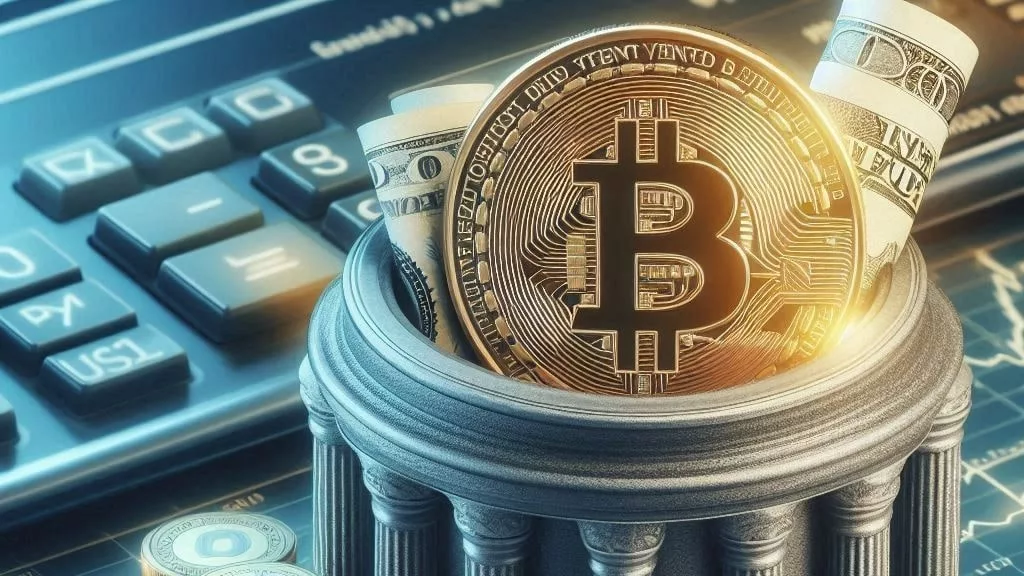
In a groundbreaking legal decision that sent shockwaves through the crypto community, the Southern District Court of New York recently ruled on the classification of XRP, the digital currency linked to Ripple. This verdict is seen as a crucial turning point in the ongoing battle to define the regulatory status of cryptocurrencies in the United States.
The court’s determination stated that institutional sales of XRP conducted directly by Ripple should be considered securities sales. However, interestingly, XRP transactions on secondary markets, including popular crypto exchanges, were not subjected to the same classification. This disparity in treatment has sparked intense debates and implications for the U.S. Securities and Exchange Commission (SEC).
At the heart of this legal saga lies the now-famous 2018 Hinman speech. William Hinman, former Director of the Division of Corporation Finance at the SEC, delivered this speech on June 14, 2018. In it, he put forth a thought-provoking proposition that cryptocurrency startups could initially offer tokens as securities to raise funds before transitioning them into non-security utility tokens once their networks are fully operational and the tokens have a practical use.
The idea behind this approach was to accommodate the dynamic nature of digital assets and their potential to evolve over time. This aligns with the economic reality of cryptocurrency projects, as some tokens may start as securities but later transform into non-securities as their platforms mature.
However, the SEC initially opposed the admission of Hinman’s speech as evidence in the Ripple case, arguing that it did not reflect the agency’s official stance and that it should be privileged due to Hinman’s role. The court, however, ruled in favor of considering the speech as evidence, leading to further scrutiny and analysis within the crypto community.
Adding to the intrigue, the SEC’s subsequent removal of Hinman’s speech from its official website in June 2023 raised eyebrows and questions. Critics argue that this deliberate action signifies the SEC’s efforts to prevent Ripple from leveraging Hinman’s insights in their defense. This move has only added fuel to the fire surrounding the Ripple case and its implications.
The ripple effects of the court’s decision could extend beyond the immediate case, potentially reshaping the regulatory landscape for cryptocurrencies in the United States. If this ruling is used as a legal precedent in future cases, it might undermine the SEC’s authority over crypto exchanges and digital assets traded on secondary markets.
One potential consequence is that crypto exchanges may no longer be required to register with the SEC or comply with the stringent regulatory framework currently in place. This could provide much-needed relief for exchanges and pave the way for a more adaptable and innovative crypto space.
Yet, the implications are not limited to regulatory matters alone. The Ripple case highlights the ongoing struggle to define and classify cryptocurrencies, prompting a reevaluation of the SEC’s approach to the ever-evolving digital asset landscape. As cryptocurrencies continue to gain prominence and acceptance worldwide, regulatory bodies must strike a balance between consumer protection and fostering innovation.
In this rapidly changing landscape, collaboration and open dialogue between regulators, industry stakeholders, and innovators are essential. Thoughtful and flexible regulation that takes into account the unique characteristics of digital assets is crucial to nurturing the growth of the crypto industry while safeguarding investor interests.
Ultimately, the Ripple case serves as a catalyst for reimagining the future of cryptocurrency regulation in the United States. As the industry matures and technology advances, regulators must adapt and stay ahead of the curve to promote responsible innovation and create a conducive environment for the crypto space to thrive.
The impact of the Ripple ruling is still unfolding, and its implications will likely shape the trajectory of crypto regulation for years to come. It is now up to the SEC and other regulatory bodies to embrace change, foster dialogue, and work collaboratively with industry players to build a regulatory framework that is both robust and flexible.
In conclusion, the Ripple case is not just a legal battle between parties but a pivotal moment in the evolution of crypto regulation. It underscores the need for regulators to adopt a forward-thinking approach that considers the unique nature of digital assets while fostering innovation and consumer protection. The world of cryptocurrencies is continually evolving, and it is incumbent upon regulatory authorities to evolve with it, ensuring a fair and dynamic regulatory environment for all stakeholders.



Get the latest Crypto & Blockchain News in your inbox.